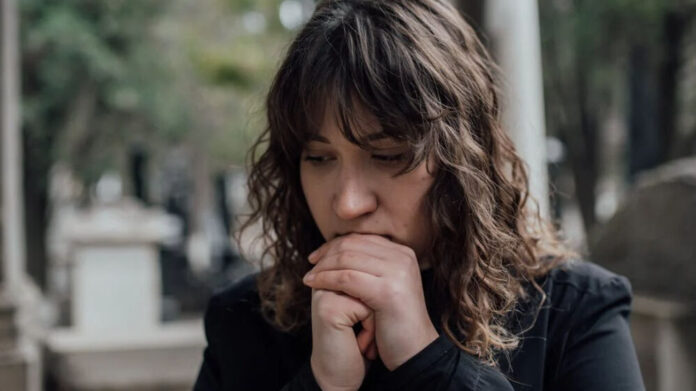Mother’s Day, Father’s Day, birthdays, anniversaries and other holidays are often celebrated with joy. The loss of a loved one though could make these milestones stressful, filled with sadness and tough to get through each year.
Family and Community Support Services Counselling Supervisor Michael Fedunec says one has to realize there’s always going to be firsts. “Within that first year after the passing of a loved one, one of the things people try to do is they try to avoid them. They try to avoid celebrating.”
Fedunec’s advice is to commit yourself to celebrating those events. “However, one of the things you may want to consider doing is celebrating the events, but maybe not in the same way you used to do when that loved one was alive or present in your life.”
For example, Fedunec adds, if on your birthday the favourite thing to do was to go to a certain restaurant or store and buy a favourite treat and go sit in the park and that was something you did with that individual. “Perhaps this time, it might be to go to a different place and buy something that was their favourite meal or snack and spend your time in a different place. But at least taking the opportunity to celebrate that event.”
When it comes to the emotional impact, Fedunec explains, you have to realize grief is like a tsunami. “In that, when a person first experiences a loss, it totally knocks people off their feet, and you’re so overwhelmed with the emotions. What we have a tendency to try and do is try and stop the emotions. Trying to stop the emotions is like trying to stop the waves of the ocean that are influenced by a tsunami. You just can’t do it.”
“You need to recognize in time those waves will just get smaller. They may never go away, but the intensity of those emotional waves will lessen over time. Not because the grief is less, but your ability to cope with the grief has increased with time and with practical things you’re doing to increase your own personal resourcing. Some of that is celebrating those events and doing things that you normally would do,” says Fedunec.
Eventually, Fedunec notes, it will feel like the grief is lessening, but the grief still has the same intensity, “you just don’t feel it because you’ve grown.”







